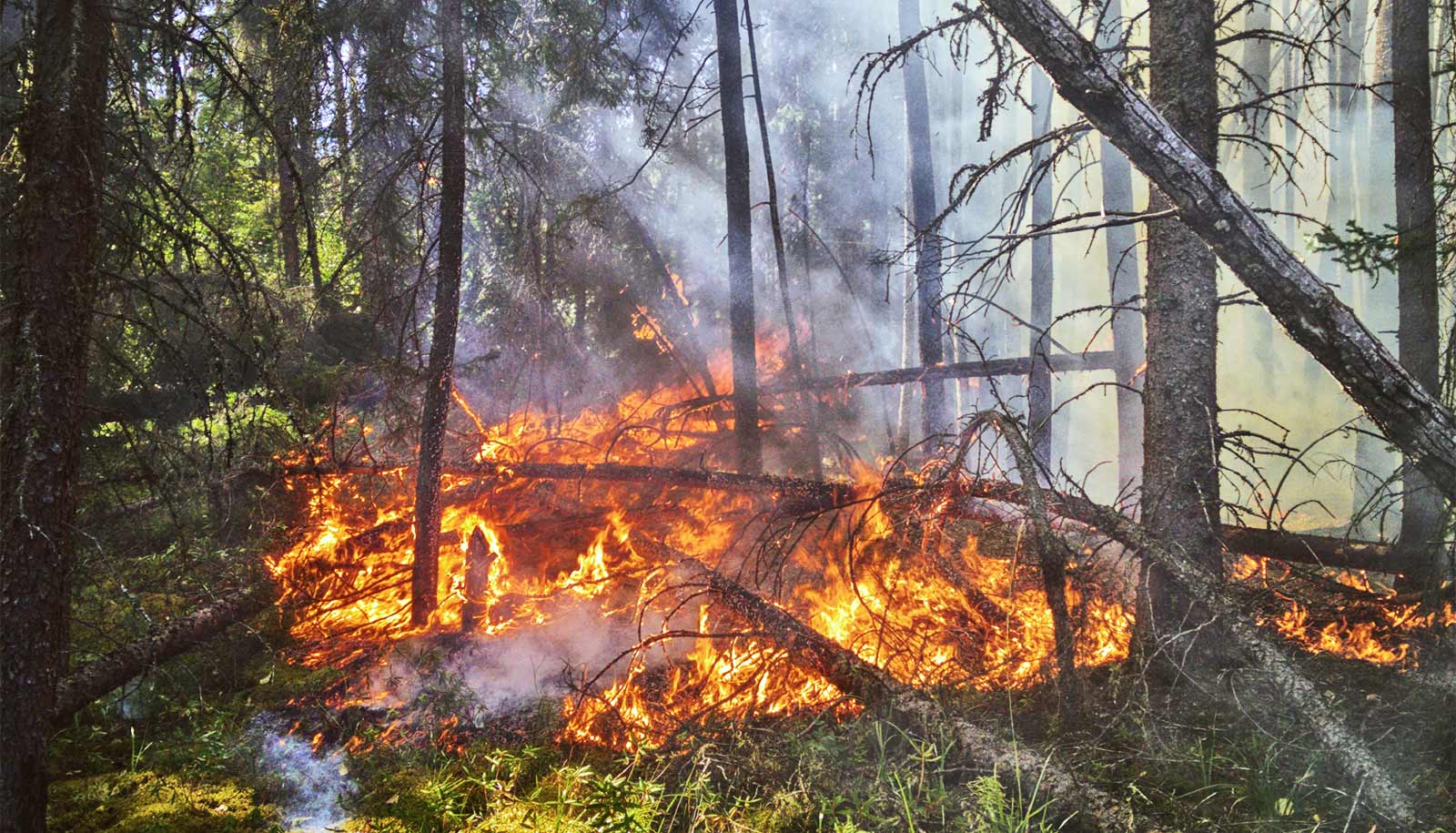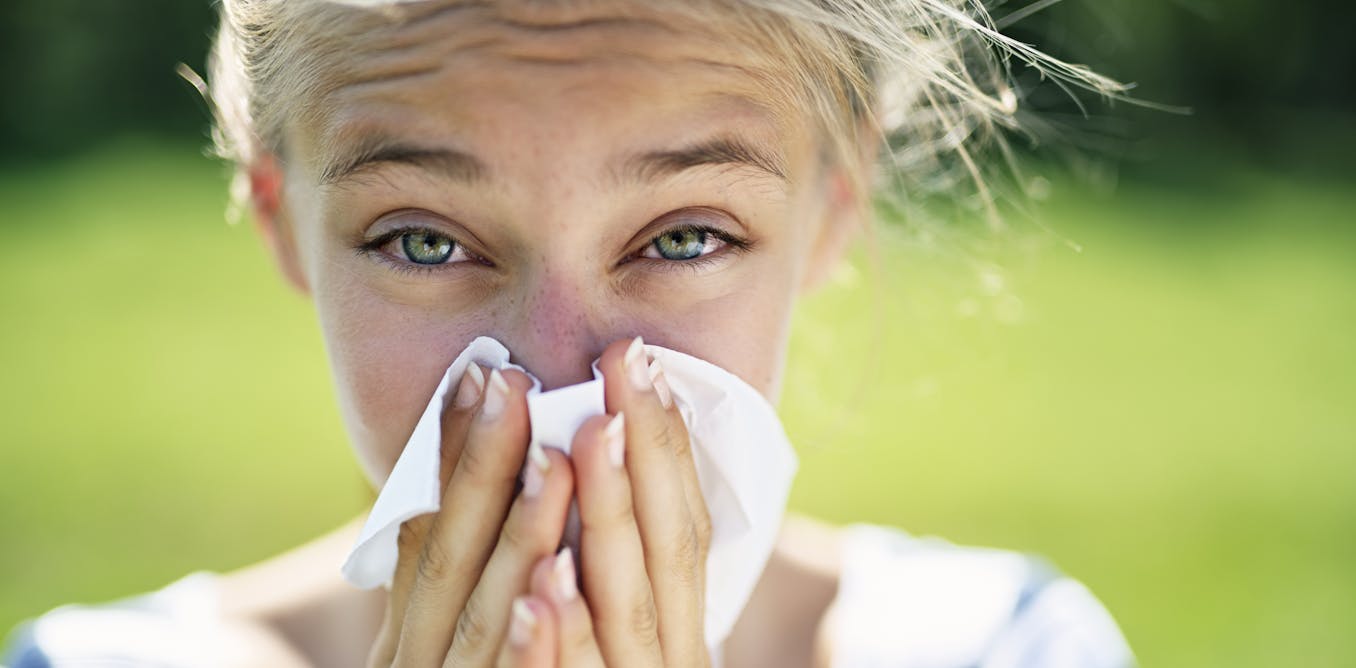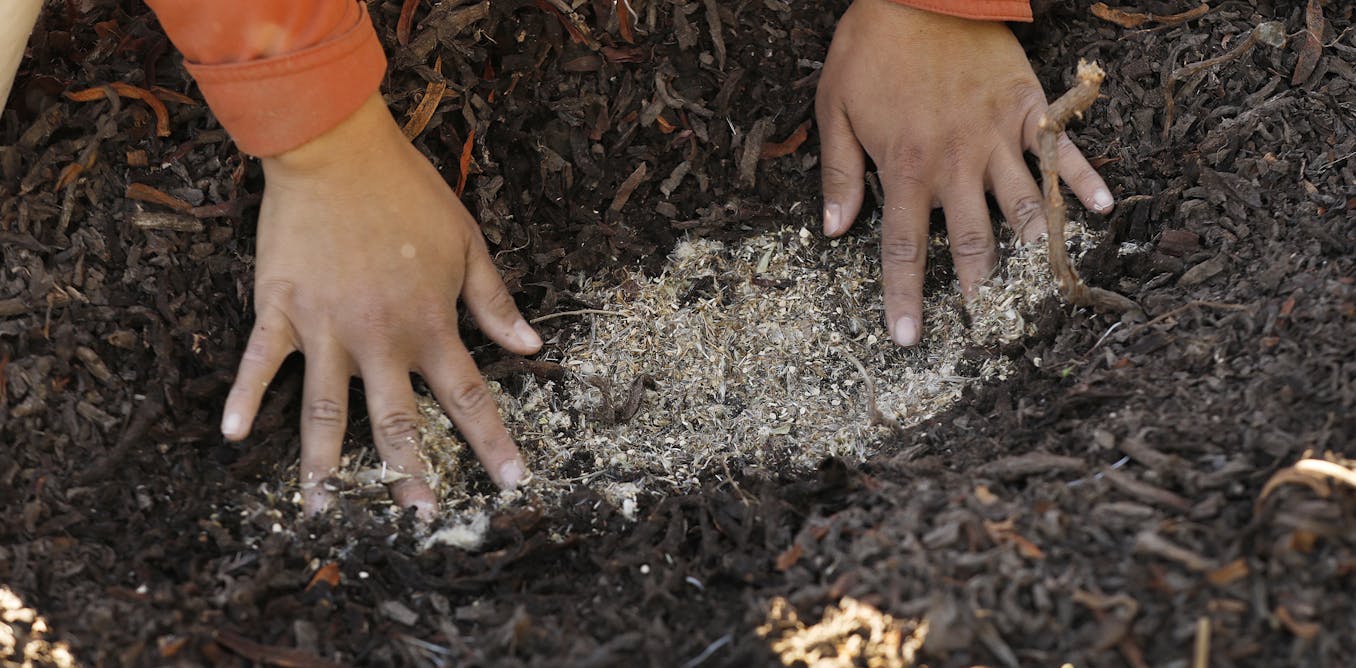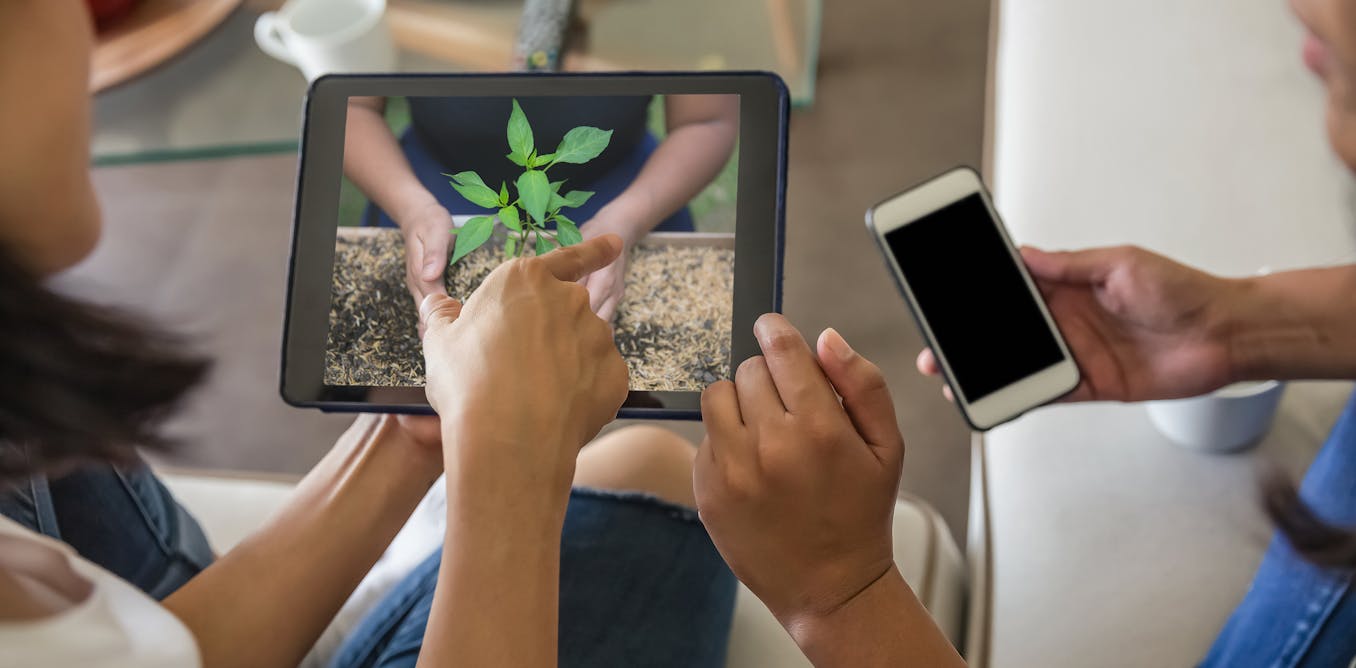Allergy season is getting more intense with climate change – we're creating better pollen forecasts to help
Rising temperatures mean longer, earlier pollen seasons, but a bigger problem is what more carbon dioxide will do to the amount of pollen being released.
April 20, 2023 • ~8 min
A shortage of native seeds is slowing land restoration across the US, which is crucial for tackling climate change and extinctions
Native plants help damaged landscapes by stabilizing soil, fighting invasive species and sheltering pollinators. Two horticulture experts explain what they’re doing to help develop new seed sources.
March 28, 2023 • ~9 min
From watering via ice cubes to spritzing with hydrogen peroxide – 4 misguided plant health trends on social media
Plant care advice abounds on TikTok, Twitter, Instagram and YouTube – but not all of it is good. A plant expert debunks four common recommendations.
Aug. 16, 2022 • ~7 min
The Southwest is on fire, with iconic deserts and towns at risk – 3 reasons the 2022 fire season is so early and intense
Fire season is getting longer, and the result is transforming iconic desert ecosystems. The start to 2022 has been so dire, one governor called for a federal disaster declaration.
May 4, 2022 • ~8 min
The Southwest is on fire – with iconic deserts and towns at risk, Biden issues a disaster declaration
Fire season is getting longer, and the result is transforming iconic desert ecosystems. The start to 2022 has been so dire, one governor called for a federal disaster declaration.
May 4, 2022 • ~8 min
The Southwest is on fire, iconic deserts and towns are at risk and Biden has issued a disaster declaration
Fire season is getting longer, and the result is transforming iconic desert ecosystems. The start to 2022 has been so dire, one governor called for a federal disaster declaration.
May 4, 2022 • ~8 min
The Southwest is on fire, iconic deserts and towns are at risk and one governor is calling for a disaster declaration
Fire season is getting longer, and the result is transforming iconic desert ecosystems. The start to 2022 has been so dire, one governor called for a federal disaster declaration.
May 4, 2022 • ~8 min
Raising cattle on native grasses in the eastern U.S. benefits farmers, wildlife and the soil
Growing native grasses as cattle forage is an example of working lands conservation – balancing human use of the land with conservation goals.
April 12, 2022 • ~8 min
Pollen season is getting longer and more intense with climate change – here's what allergy sufferers can expect in the future
Rising temperatures mean longer, earlier pollen seasons, but the bigger problem is what carbon dioxide will do to the amount of pollen being released. A 200% increase is possible this century.
March 15, 2022 • ~8 min
/
2





